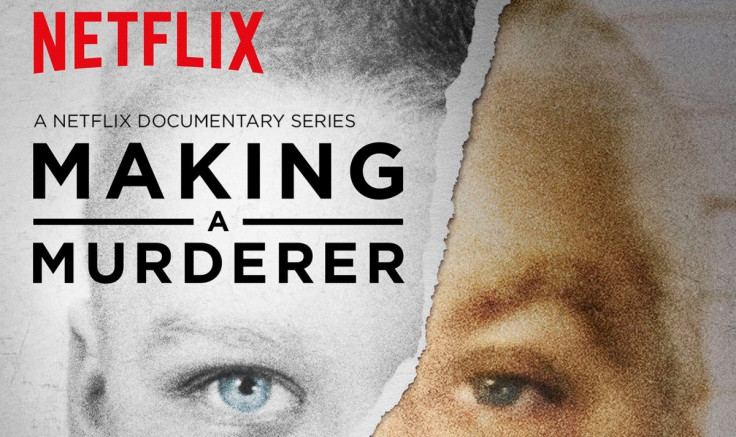US: 'Making a Murderer' killer Steven Avery appeals conviction over claims of juror bias

Imprisoned killer Steven Avery, at the center of a popular Netflix documentary series Making a Murderer, has filed an appeal to have his conviction overturned, claiming that he was denied an impartial jury and that a search for evidence against him was illegal.
Avery filed the legal papers himself asking the Wisconsin Court of Appeals to overturn his conviction for the 2005 murder of photographer Teresa Halbach.
Avery claims one of the jurors, whom he identifies as "CW," bullied the others into convicting him and repeatedly made comments that he was guilty. The juror also told others on the panel, apparently concerned about his bias: "If you can't handle it why don't you tell them [the judge] and just leave,"
The appeal documents argue that the juror "had [notions of] preconceived guilt," which "deprived Avery of an impartial jury trial."
Avery also claims in the documents that the search that ultimately produced incriminating evidence against him — including blood and the key to Halbach's vehicle — was illegal. He says the scope of the search exceeded the limits set by the warrant because multiple properties were searched.
He also argues that Halbach's vehicle was not properly sealed with tamper-proof tape, which allowed police to open and close the doors and plant evidence against him. He also argues in the papers that he was denied competent counsel.
The papers were presumably filed before he secured a new defense team. Chicago lawyer Kathleen Zellner announced on 8 January that her firm would represent Avery, along with Tricia Bushnell, the legal director of the Midwest Innocence Project.
Avery had been wrongfully convicted years before Halbach's death in a rape case and served 18 years in prison. He had sued Manitowoc County in Wisconsin for millions of dollars before he and his nephew, Brendan Dassey, were arrested in Halbach's murder.
The 10-part Netflix documentary series, which raised troubling questions about Avery's arrest, trial and conviction, triggered an overwhelming public response, including a petition to President Obama asking that he pardon Avery. The president can only pardon prisoners convicted of federal crimes. "A pardon in this case would need to be issued at the state level by the appropriate authorities," the White House said in a statement.
© Copyright IBTimes 2025. All rights reserved.




















